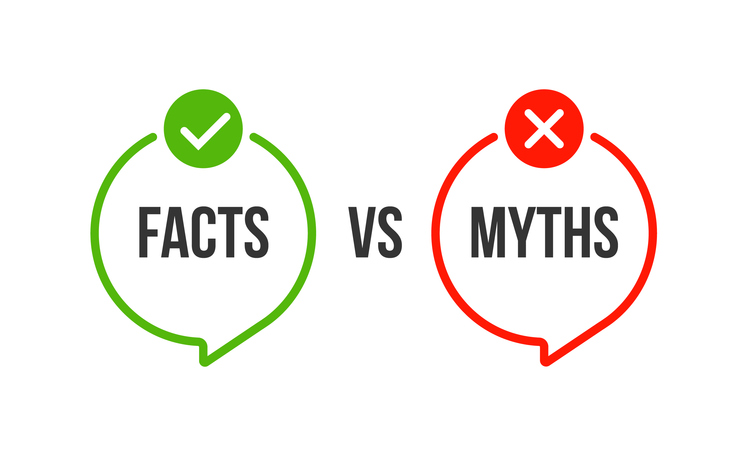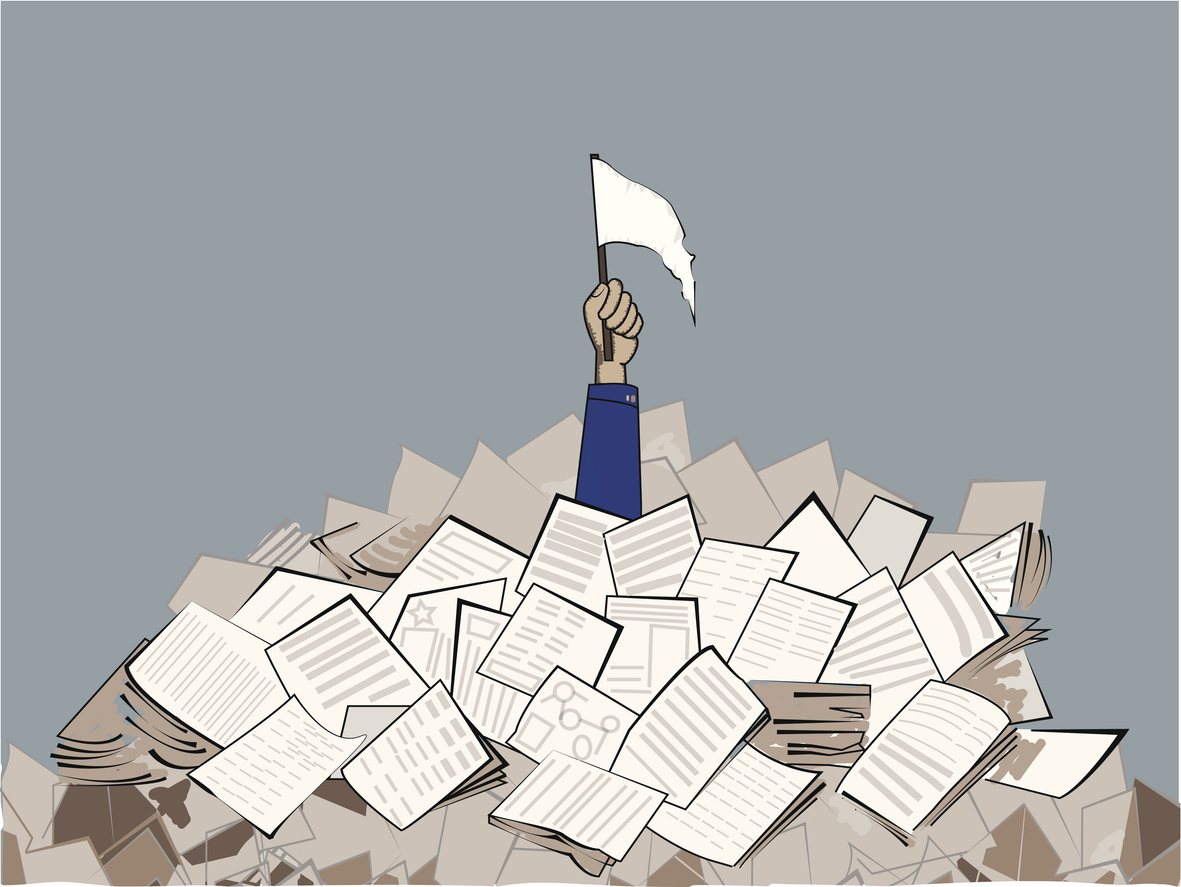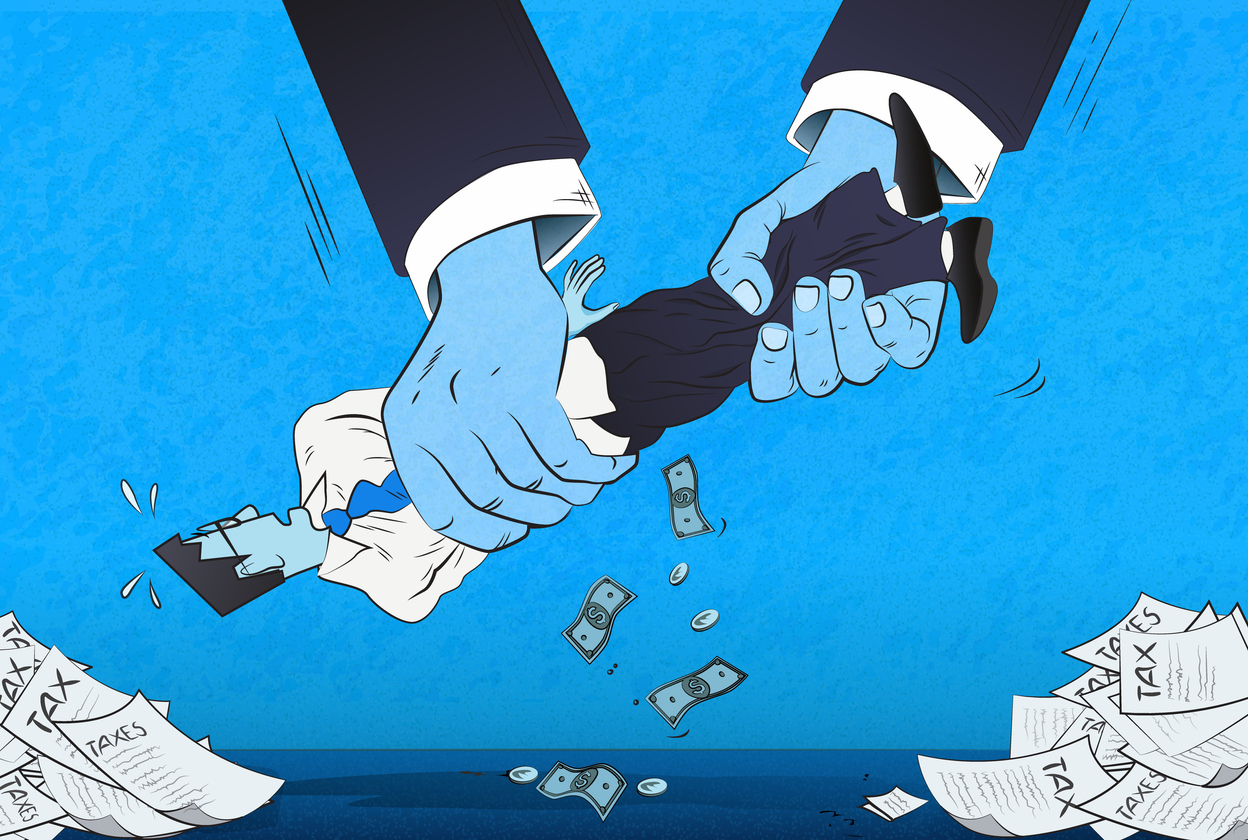Public records are a critical tool for the public necessary to hold public officials accountable. Without them we are at the mercy of what those in power want us to know. I prefer following the advice of President Reagan: “Trust but verify…watch closely and don’t be afraid to see what you see.” This is what public records allow us to do. Consider the recent example in Seattle. Without public records we would be left to believe that the reason Seattle enacted an income tax was out of fear something President Trump would do. Thanks to public records, however, we now know without a doubt that the true motivation and scheming of Seattle was to set up a lawsuit to see if the Supreme Court would allow a statewide income tax without the people first approving a constitutional amendment (see this excellent blog post from SCC Insight for details).
After untangling the web of true intentions on Seattle’s income tax, I planned to do the same concerning the current proposal in the legislature for a capital gains income tax (HB 2967). When session ended I was going to submit a public records request to learn what lawmakers really thought and were crafting. Was this proposal really about property tax cuts, or like Seattle, was it an attempt to set up a test case to get the Supreme Court to do something voters won’t on income taxes? Do they not understand what an excise tax is or is this effort one of deceit?
I was going to be able to send this records request because of a recent court ruling and legal opinion from the Attorney General reaffirming that the state legislature does not have special rights when it comes to people’s right to know and is subject to public records disclosure. In a blink of an eye, however, all that is about to change thanks to SB 6617 (Concerning records disclosure obligations of the legislative branch).
Notwithstanding the court ruling, several bills have been introduced this session to reaffirm that the legislature has to play by the same public records rules as everyone else (HB 2255, HB 2886 and SB 6139). None of those bills were acted on by lawmakers this session. One did get a public hearing but even that wasn’t easy with the bill being added, dropped, and then added back again to the hearing. By tomorrow, however, lawmakers plan to pass and send to the Governor a brand-new bill just introduced yesterday to vacate the court ruling that said they are subject to public records.
Here is how Toby Nixon, President of Washington Coalition for Open Government, feels about this new development:
"On Wednesday, after 4PM, Washington Coalition for Open Government received notice of a legislative work session Thursday at noon (less than 20 hours notice) on a TERRIBLE bill that the legislature is proposing to jam through with no meaningful public engagement, that would let them withhold any public record with no opportunity to challenge them in court (just in a legislative committee).
They have an emergency clause on it, so there would be no possibility of a referendum before the bill goes into effect -- it would take an initiative to overturn it. And they declare it to be retroactive, so they can try to make the existing legislative records court case (which they lost and are appealing) just go away. And we're hearing that they think they have the votes to override a gubernatorial veto.
This is despicable. It is an outrage. It is a ridiculous assault on transparency."
The Governor was asked yesterday if he would veto SB 6617. As reported by the AP:
“When asked if he would sign such a measure, Gov. Jay Inslee said he hadn’t yet seen the bill but that he believes lawmakers ‘could succeed in their duties while being fully transparent like the rest of state government.’
But he noted that if the measure passes both chambers with two-thirds of lawmakers voting in support, a veto would be futile, since the Legislature would just override it.”
It is odd to hear the Governor make a veto decision based on the vote total of a bill since just last year he vetoed a B&O manufacturing tax cut that was part of the budget deal saying it was adopted in non-transparent way. The fact that tax cut received a supermajority vote of lawmakers didn’t stop him from vetoing it.
The horrible process unfolding for adoption of SB 6617 aside, the most problematic part of the bill is how appeal of records denials will be treated. Under the current law, if a public officials denies your records request you have the right to challenge that before an independent judge in court. Under Section 108 of SB 6617, any appeals for legislative records denial could not go to court but instead would be heard and administered by entities in the legislature. At a minimum, any appeals should be handled by a truly independent party in the courts, not by the employees of those that are denying the records.
Whether or not you support the full details of SB 6617, one thing everyone should be able to agree on is that the process being used to adopt it is totally unacceptable:
- Bill text posted 2/21 (in afternoon)
- Notice of 2/22 “work session” released early evening on 2/21 (I’m sure there will be remote testimony offered, right?)
- No committee public hearing or vote will occur (see here).
- Full Senate/House scheduled to adopt bill and send to Governor on 2/23 (see here).
The reason there is supposed to be 5 day notice requirements and committee action before full floor votes is to provide time for public involvement in the enactment of policy. Even during session you should be able to miss 2 days without a brand-new bill being adopted before you get back.
We don’t allow elected officials at the local level to adopt policy this way. Why do we tolerate this type of non-transparent “ludicrous speed” lawmaking from the legislature with little public involvement?
There is a better way to adopt bills (see SB 6560 from 2014).
The bottom line on SB 6617, will state lawmakers be held to the same public disclosure requirements as every other local lawmaker or should a double standard be allowed?





